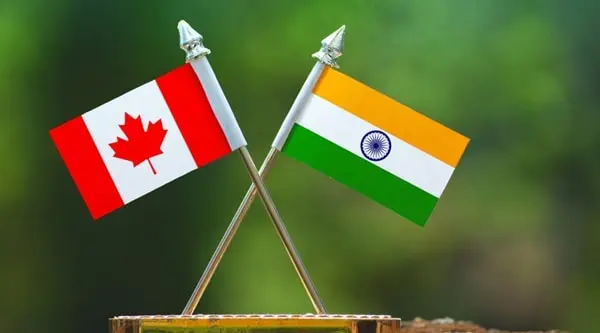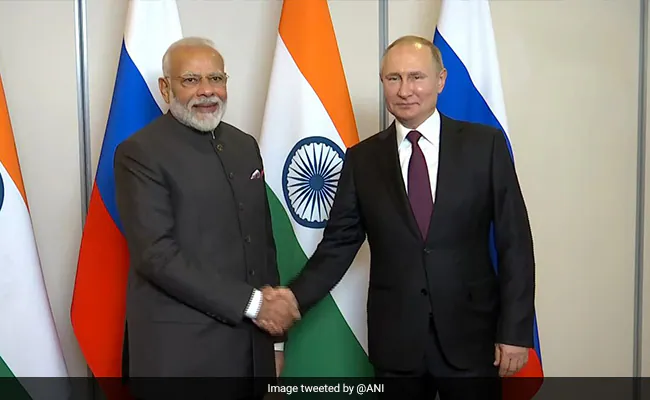In a recent and controversial development, a Canadian government panel has identified India as the second biggest threat to Canadian democracy, surpassing Russia but trailing behind China. This startling assertion has garnered significant attention and has potential ramifications for Canada-India relations. The comprehensive report underscores the increasing complexities in global geopolitics and foreign interference in democratic processes.
The Canadian Panel’s Findings
The Canadian government panel’s report delineates various aspects of foreign influence that threaten the integrity of Canadian democracy. India’s position as the second biggest threat, ahead of Russia, signifies the increasing concerns regarding foreign interference. The report places China at the forefront, followed by India and Pakistan.
The panel’s findings highlight the multifaceted nature of threats, ranging from cyber-attacks, misinformation campaigns, and political interference to economic coercion. The report asserts that these activities aim to undermine democratic institutions, influence political discourse, and destabilize the socio-political fabric of the nation.

The Basis for the Claims
The report outlines several reasons for India’s classification. Key among them is the alleged involvement in cyber activities and misinformation campaigns designed to influence Canadian public opinion and political decisions. These actions are perceived to target specific diaspora communities, particularly the Sikh community, to suppress dissent and promote pro-India narratives.
Furthermore, the report points to India’s robust intelligence operations and diplomatic activities within Canada, which are seen as attempts to extend its influence and monitor opposition groups. The increasing number of extradition requests and diplomatic pressures are also cited as factors contributing to the strained relations between the two countries.
Diplomatic Reactions and Implications
The classification has not gone unnoticed by the Indian government, which has vehemently denied these allegations. Indian officials argue that such claims are baseless and are aimed at tarnishing India’s image on the global stage. They stress the importance of strong bilateral ties and mutual respect for sovereignty and non-interference.
On the diplomatic front, this development is likely to exacerbate existing tensions between Canada and India. The bilateral relationship has already been tested by issues such as trade disputes, human rights concerns, and differing stances on international conflicts. This report could further complicate diplomatic engagements and negotiations.
Broader Geopolitical Context
This incident is emblematic of the broader geopolitical struggles faced by democracies worldwide. Foreign interference has become a critical issue, with major powers leveraging technological advancements to exert influence beyond their borders. The Canadian panel’s report aligns with similar concerns raised by other democratic nations, emphasizing the need for robust defense mechanisms and international cooperation to safeguard democratic institutions.
Conclusion
The Canadian government panel’s report marking India as the second biggest threat to Canadian democracy highlights the intricate and often contentious nature of international relations in the modern era. While the validity and motivations behind these claims remain debated, the incident underscores the pressing need for enhanced diplomatic dialogue and collaboration to address shared concerns of foreign interference and uphold democratic values globally. As the situation evolves, the international community will be watching closely, understanding that the implications of such reports extend far beyond bilateral relations.

